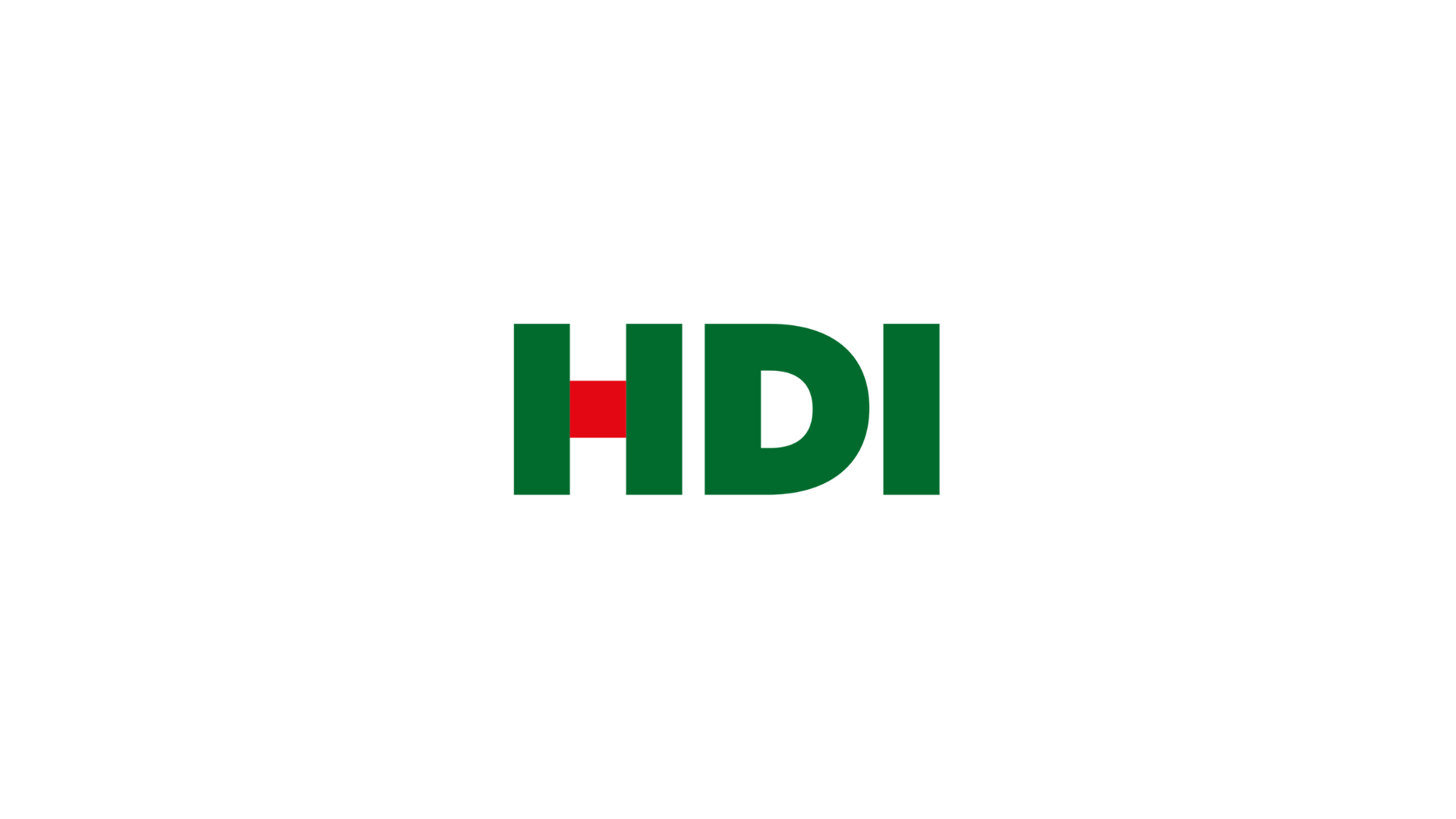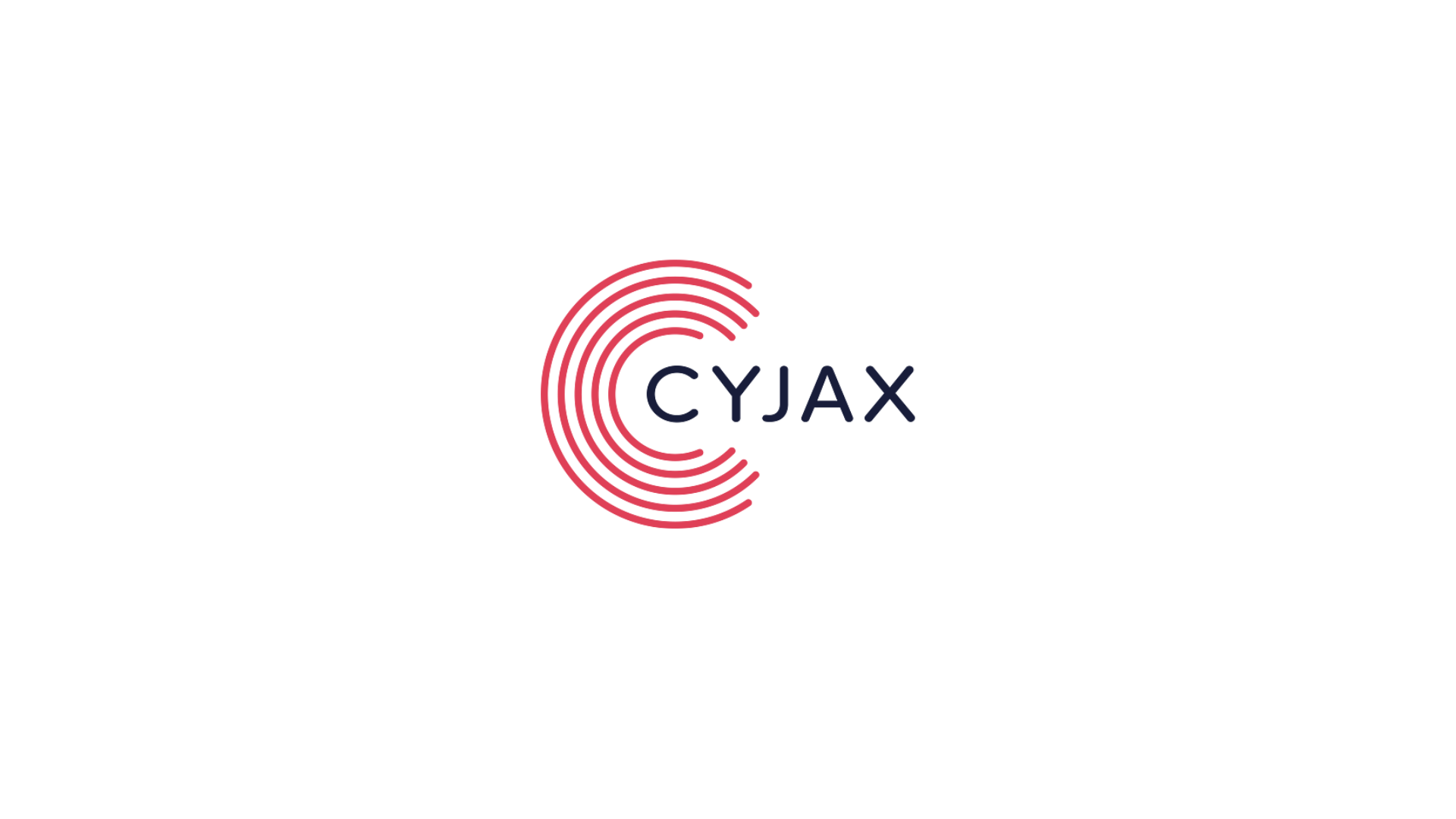Over the last five years or so, the industry has shone a spotlight on the rising internet stars from Silicon Valley and pointed to their open architecture, fail-fast service delivery and ability to monetise data as the way things should be done. All of this was of course, to the detriment of the operator community. The likes of Facebook, Google and WhatsApp were the future, because they could ride the iPhone wave and engage the consumer in new and interesting ways, while creating vast monetizable communities. Operators increasingly became invisible, incapable of change and behaving as if the world hadn’t moved on.
Of course, this is a massive over-simplification. But if you look at market valuations for the likes of Facebook and Google, it’s clear that it wasn’t just users that bought into the narrative. Operators have taken a lot of criticism for their inability to create the same levels of excitement and user engagement. If you listen to the industry grapevine, almost all operators are content with becoming dumb pipes and pursuing a utility-based future. They’ve lost the battle for messaging, they have no meaningful role to play in IoT, they can’t monetise data and are entirely preoccupied with 5G – despite being unable to tell us what it’s for. Yet.
Let’s be honest, a lot of this negativity is being pushed by vendors that have an agenda. As always with PR-based scaremongering, the more serious the problem, the more desperate the need for a solution. I think there is some truth in the fact that operators are more conservative than the likes of Facebook and Google – especially when it comes to monetising customer data. But then there is also a critical distinction between the two sides. Operators have a direct billing relationship with their customers, Facebook and Google do not. You can understand why they’re keen to maintain high levels of trust with them.
It’s not like operators aren’t trying to change either. Our recent Catalyst paper focused on the impact their ongoing and self-propelled digital transformation is having on them, and the vendors that are trying to sell to them. At Mobile World Congress this year, Turkcell CEO, Kaan Terzioglu, was adamant that OTTs should not be overestimated, and that operators have never been better placed to compete properly and have the tools to do so. Mr Terioglu’s comments came amidst a conference session from the event that focused on exploring the rise of operator-led OTT services. Turkcell is not alone in trying to play OTT service providers at their own game.
And who says that Facebook, Google and company have got everything right? Operators have always held customer trust dear. Can the same be said of the internet companies? Recent high-profile cases involving Facebook and data breaches have seen its share price drop by around 17%. It did rally slightly after Zuckerberg’s rather meek grilling by the US Government. Some experts believe it could fall again, if, as expected, advertisers restrict spending on the platform. There remain question marks over the legitimacy of some of Google’s data gathering techniques too.
Operators have gained confidence and are now taking meaningful steps to fight back. In an age of sensitivity, greater regulation and tighter data and privacy laws, it feels like the internet players will know how it feels to be the subject of everyone’s derision. I hope the operators enjoy it.
















